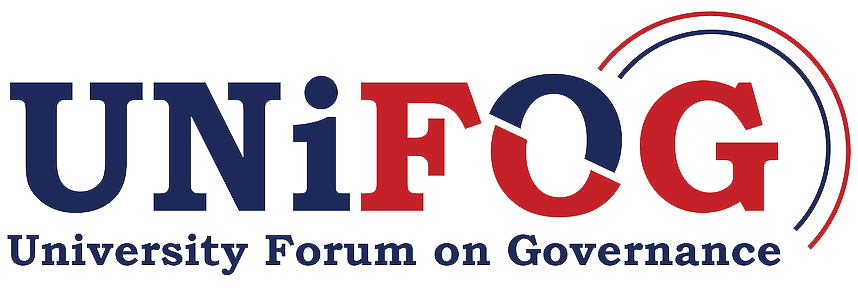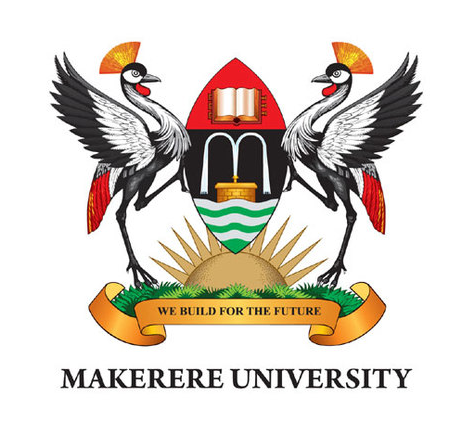The Objective of the Fellowship
The fellowship is aimed at enhancing the leadership capabilities of young and emerging leaders through carefully guided learning, sharing, and partnership-building seminars. Specifically, the fellowship will:
Benefits to the Fellows
The fellowship offers space, times, and resources to like-minded youthful leaders to sharpen their leadership skills and better address contemporary governance and development challenges.
Specifically, it enables the youth:
- Space to reflect and rethink individual own leadership capabilities within the national and global context.
- To harness collaborative drives of individuals as well as private and public sector partnerships to deliver enhanced public services and personal growth.
- To better understand the changing environment and how it impacts their contribution to national governance and development as young leaders.
- To develop and enhance their abilities and resilience in addressing the complex and difficult challenges facing their generations and communities.
- To better harness collaborative drivers of individual, private and public sector partnership to deliver enhanced service delivery.
Who Is Eligible?
The fellowship is open to student at institutions of higher learning in Uganda.
The Fellowship Modules
The fellowship is a modular leadership training programme covering six carefully selected modules that combine improve the leadership experience and capabilities of young leaders in Uganda. The modules will cover key interconnected and contemporary leadership fields in national and global leadership arenas. The key topics to be covered include institutions and institutional reforms in Uganda, leadership and leadership functions, public policy and advocacy, civil society and the civic space in Uganda, international relations and geopolitics as well as gender equality and inclusive development.
1. Institutions and Institutional Reforms in Uganda
The module will introduce fellows to the concept of institutions, the institutional structures in Uganda. This involves how institutions evolve over time and in different political, social and economic conditions. The module will explore the opportunities for and challenges to the development of an effective and efficient institution that can guarantee inclusive development in Uganda. Consequently, the model will enable the fellows to better understand the historical background of Uganda’s institutions so that they are able to predict and influence the course of institutional change in the country.
2. Leadership and Leadership Functions
The module will introduce fellows to an integrated approach to leadership that addresses dynamic leadership challenges, a focus on leadership ethics, interpersonal relationships, persuasive communication – public speaking, cross cultural dynamics in communication and using media platforms. The module will attempt to prepare fellows as leaders who will be able to address global leadership challenges, able to influence others through communication. The module will help the fellows to rethink their leadership approach, become able to identify their weaknesses and strengths that can be addressed in the course of the fellowship.
3. Public Policy and Advocacy
The module on public policy will prepare the fellows as leaders who can effectively influence public policy outcomes. The module will introduce fellows to the aspect of public policy and the policy formulation process. This will broaden fellows’ knowledge of public policy and skills in policy analysis, critical thinking, consensus-building and decision-making. The module will further delve into the possible spaces for policy advocacy and influencing, evidence-based policy advocacy and formulation, and the politics of problem definitions in policy formulation (political interests in policy formulation and design). Here comparative analysis of policy success and failure will be made at the local government levels and between Uganda and other countries for lessons on best practices in policy design and implementation.
4. International Relations and Geopolitics
The module will introduce fellows to the concept of international relations and situate Uganda in the global arena. The module will further introduce fellows to the concept of international regulatory frameworks; foreign policy; international organisations and the development of African states; international grants and donations; international trade; sovereignty and globalisation; international sanctions; invasions and sponsored war; peacekeeping and the refugee crisis.
5. Civil Society and Civic Space
The module will introduce fellows to a comprehensive understanding of civil society, including its meaning, composition and roles. The module will also unpack the current political, legislative, social and economic environments; and guide fellows on the bottlenecks and opportunities. The module will analyse donor funding and accountability beyond figures. It will analyse blueprint solutions to Africa’s problems digest the mantra of influence-peddling in domestic matters. It will discuss the possibilities of home-grown civil society funding mechanisms and their sustainability, as well as how civil society can be impactful yet coexist with state institutions, political parties and strong personalities.
6. Gender Equality and inclusive development
The module will introduce the fellows to the concept of gender equality in the development perspective. This will include gender and political, social, and economic participation, the creation of gender sensitive approaches to development. The fellows will be equipped with knowledge on the challenges and opportunities for inclusive development and governance, but particularly possible opportunities the participation of hitherto marginalised social groups in national development processes. Gender equality under this model will focus beyond men and women to discuss the social inequalities that exist within the communities and how the impact on the political and economic development of Uganda.
Our Partners
Meet Our Partners



